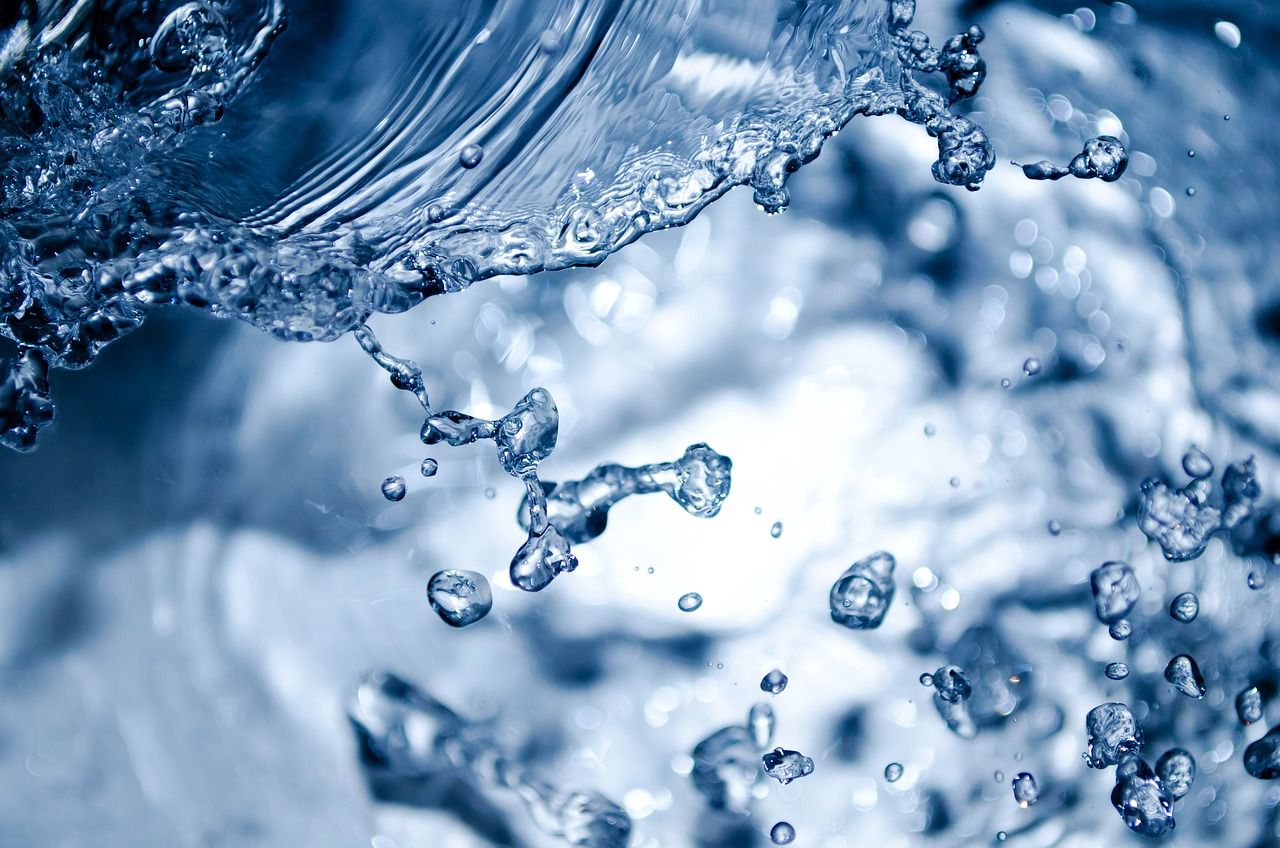You don't have to drink lots of water daily: Listen to your body's needs
The belief that you must drink a specific amount of water every day is a common misconception.
While staying hydrated is essential for overall health, the notion that you must consume a large volume of water daily is not entirely accurate.
Here are some reasons why drinking excessive amounts of water may not be necessary.
Individual Needs Vary
The ideal amount of water intake varies among individuals due to factors such as body size, activity level, climate, and overall health.
Water Content in Food
A significant portion of our daily water intake comes from the foods we consume.

Fruits, vegetables, soups, and other hydrating foods have high water content, contributing to overall hydration levels.
Thirst Is a Reliable Indicator
When you feel thirsty, it is a clear signal that your body needs fluids.
Drinking water when you feel thirsty is generally sufficient to maintain adequate hydration.
Kidney Function
Our kidneys play a crucial role in maintaining the body's water balance.
They efficiently regulate water levels by adjusting urine concentration based on hydration needs.
Drinking excessive amounts of water can put unnecessary strain on the kidneys without providing additional health benefits.
Overhydration Risks
Drinking excessive water can lead to a condition called hyponatremia, where the sodium levels in the body become dangerously low.
Hyponatremia can have serious consequences on health, including nausea, seizures, and even coma in severe cases.
